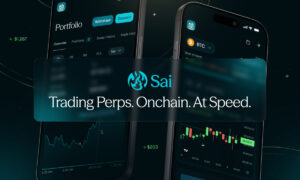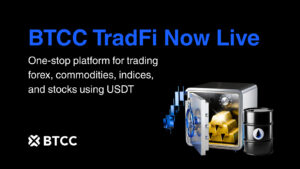| Wallet | Type | Country | User owns private keys | Fiat gateway | Coin converter | Payment card |
|---|---|---|---|---|---|---|
| Wallet | Type | Country | User owns private keys | Fiat gateway | Coin converter | Payment card |
Recent posts

Panama City, Republic of Panama, 18th February 2026, Chainwire

George Town, Cayman Islands, 17th February 2026, Chainwire

Optimistic Rollups are Layer-2 solutions for Ethereum, improving speed and lowering fees. Learn how they work, their benefits, and how they help scale Ethereum effectively.

Crypto exchange rates represent the value of one cryptocurrency relative to another or a fiat currency. Learn how they are determined, what influences them, and their importance.

LODZ, Poland, 17th February 2026, Chainwire

Karavas, Cyprus, 17th February 2026, Chainwire
Advertise
Are you looking to advertise? We offer press release publications, display banners, featured listings and more.
Contact us for questions, submit a PR or request our media kit.